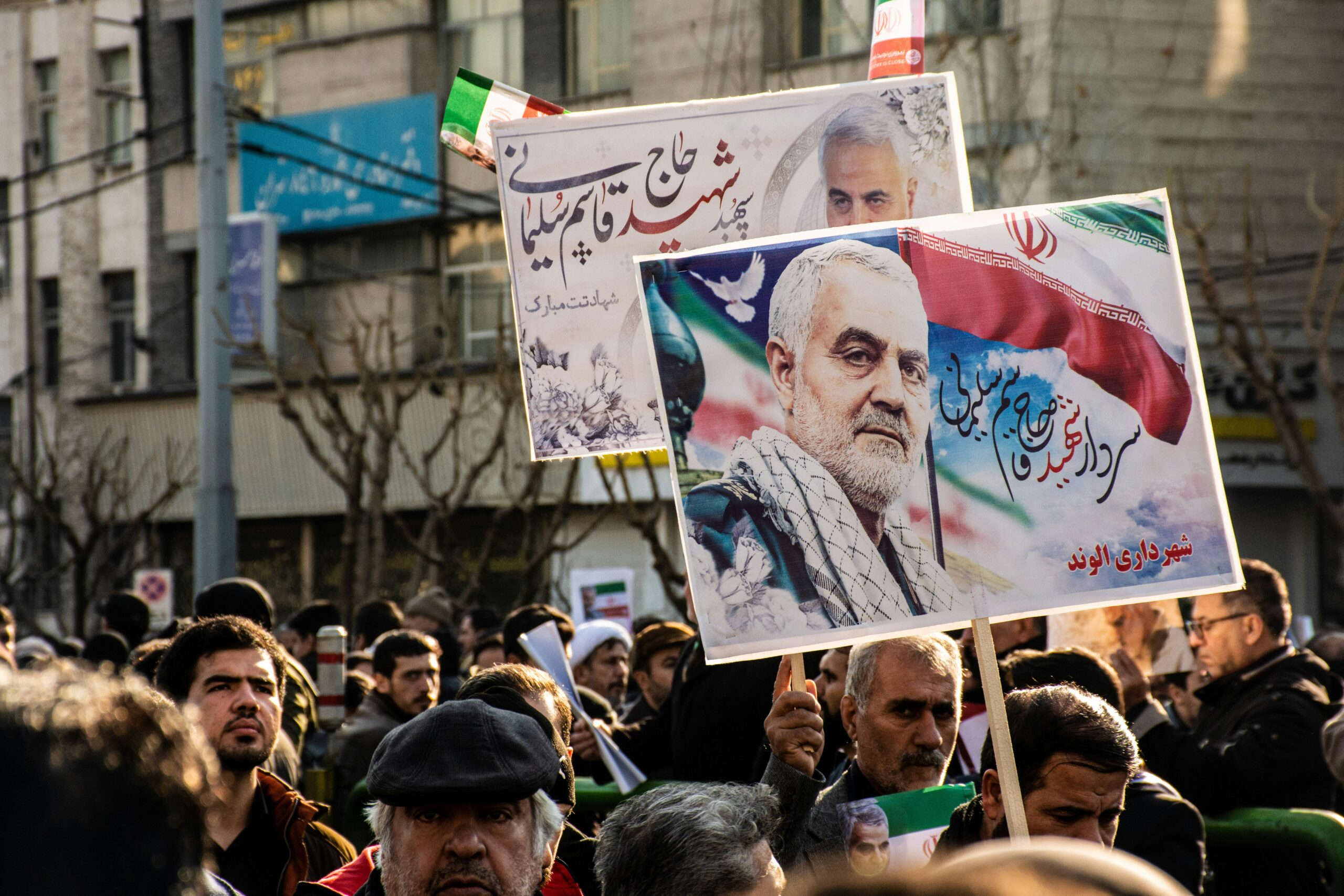
France, Germany, and the United Kingdom — three influential European nations collectively known as the E3 — have formally expressed their readiness to reimpose sanctions on Iran. This decision comes as a response to what they perceive as Tehran’s non-compliance with the 2015 nuclear agreement, officially known as the Joint Comprehensive Plan of Action (JCPOA).
Key Facts
- The E3 countries have submitted a joint letter to the United Nations, signaling their preparedness to activate the snapback mechanism.
- This mechanism allows for the reinstatement of sanctions lifted under the JCPOA if Iran is deemed non-compliant.
- The deadline set for Iran to engage diplomatically is by the end of August 2025, with a potential extension under consideration.
Background
In a move that underscores the growing tensions within international nuclear diplomacy, the E3’s letter to UN Secretary-General Antonio Guterres and the UN Security Council outlines a firm stance on preventing Iran from developing a nuclear weapon. This stance is supported by their commitment to utilize all diplomatic tools available. The snapback mechanism, a pivotal part of the JCPOA, serves as a safeguard that any signatory can employ to restore sanctions unilaterally if Iran violates the terms of the agreement.
Timeline/What We Know
The recent developments are a continuation of heightened diplomatic efforts following serious and detailed discussions in Istanbul last month — the first in-person talks since military escalations in the region. These talks were held amidst a backdrop of increased hostilities, including Israeli and U.S. airstrikes on Iranian nuclear facilities. The urgency conveyed by the E3 reflects a critical juncture in the JCPOA, which is set to expire in October 2025.
Official Reactions
According to reports by AFP, the foreign ministers of the E3 have been explicit in their communication to the UN, emphasizing the potential activation of the snapback mechanism should Iran fail to engage in meaningful dialogue or take the opportunity of an extended deadline. This stern warning comes despite Iran’s assertions that its nuclear program is solely for civilian purposes and its ongoing denial of seeking nuclear weapons.
What’s Next
With the clock ticking towards the August deadline, the international community watches closely as Iran prepares to host the International Atomic Energy Agency (IAEA) for the first time since cutting ties last month. The outcome of these talks, and Iran’s willingness to comply with the JCPOA’s stipulations, will likely determine the next steps in a saga that has significant implications for global nuclear non-proliferation and international security.
As the situation evolves, the E3’s commitment to diplomatic solutions hangs in the balance against the backdrop of potential renewed sanctions, setting the stage for a possibly transformative period in Middle Eastern geopolitics and international diplomatic relations.


